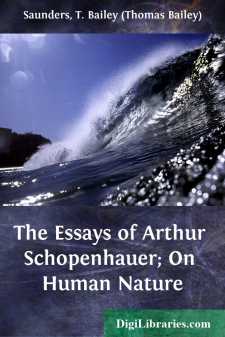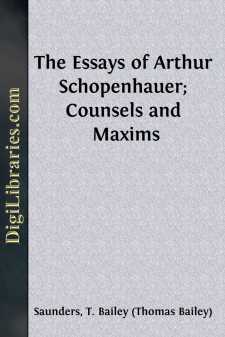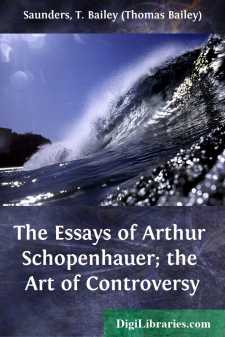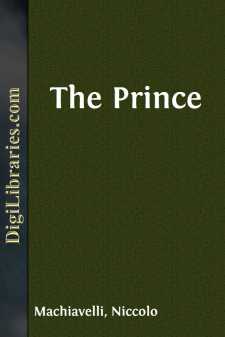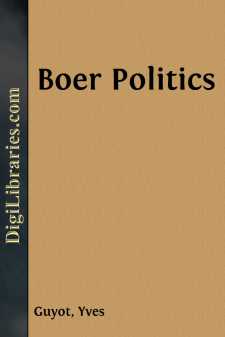Categories
- Antiques & Collectibles 13
- Architecture 36
- Art 48
- Bibles 22
- Biography & Autobiography 816
- Body, Mind & Spirit 145
- Business & Economics 28
- Children's Books 18
- Children's Fiction 14
- Computers 4
- Cooking 94
- Crafts & Hobbies 4
- Drama 346
- Education 58
- Family & Relationships 59
- Fiction 11834
- Foreign Language Study 3
- Games 19
- Gardening 17
- Health & Fitness 34
- History 1378
- House & Home 1
- Humor 147
- Juvenile Fiction 1873
- Juvenile Nonfiction 202
- Language Arts & Disciplines 89
- Law 16
- Literary Collections 686
- Literary Criticism 179
- Mathematics 13
- Medical 41
- Music 40
- Nature 179
- Non-Classifiable 1768
- Performing Arts 7
- Periodicals 1453
- Philosophy 66
- Photography 2
- Poetry 897
- Political Science 203
- Psychology 45
- Reference 154
- Religion 516
- Science 126
- Self-Help 86
- Social Science 82
- Sports & Recreation 34
- Study Aids 3
- Technology & Engineering 59
- Transportation 23
- Travel 463
- True Crime 29
Our website is made possible by displaying online advertisements to our visitors.
Please consider supporting us by disabling your ad blocker.
The Essays of Arthur Schopenhauer; On Human Nature
Categories:
Description:
Excerpt
HUMAN NATURE.
Truths of the physical order may possess much external significance, but internal significance they have none. The latter is the privilege of intellectual and moral truths, which are concerned with the objectivation of the will in its highest stages, whereas physical truths are concerned with it in its lowest.
For example, if we could establish the truth of what up till now is only a conjecture, namely, that it is the action of the sun which produces thermoelectricity at the equator; that this produces terrestrial magnetism; and that this magnetism, again, is the cause of the aurora borealis, these would be truths externally of great, but internally of little, significance. On the other hand, examples of internal significance are furnished by all great and true philosophical systems; by the catastrophe of every good tragedy; nay, even by the observation of human conduct in the extreme manifestations of its morality and immorality, of its good and its evil character. For all these are expressions of that reality which takes outward shape as the world, and which, in the highest stages of its objectivation, proclaims its innermost nature.
To say that the world has only a physical and not a moral significance is the greatest and most pernicious of all errors, the fundamental blunder, the real perversity of mind and temper; and, at bottom, it is doubtless the tendency which faith personifies as Anti-Christ. Nevertheless, in spite of all religions—and they are systems which one and all maintain the opposite, and seek to establish it in their mythical way—this fundamental error never becomes quite extinct, but raises its head from time to time afresh, until universal indignation compels it to hide itself once more.
Yet, however certain we may feel of the moral significance of life and the world, to explain and illustrate it, and to resolve the contradiction between this significance and the world as it is, form a task of great difficulty; so great, indeed, as to make it possible that it has remained for me to exhibit the true and only genuine and sound basis of morality everywhere and at all times effective, together with the results to which it leads. The actual facts of morality are too much on my side for me to fear that my theory can ever be replaced or upset by any other.
However, so long as even my ethical system continues to be ignored by the professorial world, it is Kant's moral principle that prevails in the universities. Among its various forms the one which is most in favour at present is "the dignity of man." I have already exposed the absurdity of this doctrine in my treatise on the Foundation of Morality.[1] Therefore I will only say here that if the question were asked on what the alleged dignity of man rests, it would not be long before the answer was made that it rests upon his morality. In other words, his morality rests upon his dignity, and his dignity rests upon his morality.
[Footnote 1: § 8.]
But apart from this circular argument it seems to me that the idea of dignity can be applied only in an ironical sense to a being whose will is so sinful, whose intellect is so limited, whose body is so weak and perishable as man's....


